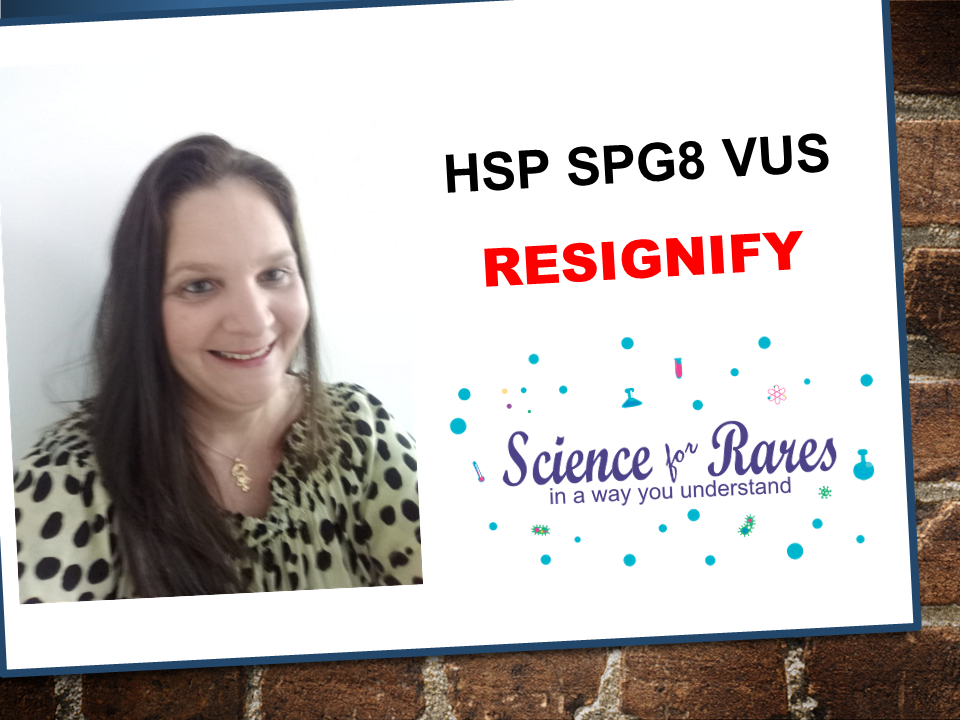The story of Michelle
By definition, resignifying is to attribute a new meaning to something or to give a different meaning to that which was originally planned. This term sums up my life trajectory well, are you curious?
My name is Michelle, I’m 38, I’m married and I have a 5-year-old daughter. I currently live in the state of Minas Gerais, Brazil.
Ever since I was a little girl, I always enjoyed studying and dreamed of being a scientist. I saw me helping people through research involving the cure of some disease.
For this to be possible, I became a biologist, did my Master’s and PhD in Biological Sciences at the Federal University of Juiz de Fora. It was 15 years of dedication within the laboratory, I acquired experience in cell biology, biochemistry, immunology, genetics and biotechnology.
It seemed that everything went as planned, I was teaching and working in research at the university, I had married and was waiting for my little princess. I lived a real dream!
Only something unexpected came up…
Shortly before the birth of my daughter, my mother, who had difficulty in locomotion for about 10 years, was diagnosed with a rare disease called Hereditary Spastic Paraparesis (HSP).
After my daughter was born, we moved to another city. Our family’s routine also changed a little due to the care of my little girl and my mother, whose HSP was progressing…
Also, I noticed that in those two years, the symptoms of HSP were beginning to manifest in me. And they intensified very quickly when I compared it to the progression of the disease in my mother.
Perhaps because I exercised excessively in family care, not listening to the limits of my own body. In this period there were also some emotional problems that may have contributed to the advance of PEH.
At the beginning of 2017 I was diagnosed with HSP, I am the third in my family to receive this diagnosis. Other family members (great-grandmother and 2 great-uncles) had already presented gait difficulties, but never knew the cause.
The pains, tiredness and difficulty walking began to be part of my day-to-day life. Gradually, I realized that I could no longer act professionally the way I always dreamed…
The advance of the disease depressed me, the dream of working for science was getting further and further away. So much study, so much effort, all the knowledge acquired, the love I had for science, would serve no use! I couldn’t settle!
Not to think nonsense and occupy the mind, I started looking for people with HSP using social networks. I quickly approached three extremely special people: Jailson Mouzinho, Rejane Mota and Celyna Rackov.
We organized, and together with other families affected by HSP, we founded ASPEH Brasil (now know as ASPEC Brasil), the first association in Latin America to support people with HSP and their families.
ASPEH Brazil brought me closer to the world of rare diseases, which I was not even unaware of. I started to hear about several chronic diseases and difficult to deal with and had the privilege of meeting fantastic people, made true friendships.
But I still missed doing something, feeling useful with science, together with society… Depression was always prowling…
A great reflection occurred to me when I learned of the struggle of the children with Edwards Syndrome (trisomy of the 18), while I was in my sad little world for not being able to run and work with research, they struggled to have the right to live!
For many years, trisomy 18 has been defined as incompatible with life, but with its grit and determination, children are showing that they can live and make their family happy.
My friend Marília C. Branco (president of the Associação Síndrome do Amor) showed me that in order to make a change in life, such as that which our children (trisomy 18) perform, we must first change the way we look at situations.
Thus, I started a therapeutic process of resignification and saw that my limitations did not affect what I loved so much: the understanding of science. Additionally, in living with rare families, I realized that in addition to the diagnosis of a disease, they were put in contact with several scientific terms that were difficult to understand.
I didn’t even stop to think, I put all my knowledge at people’s disposal, as I always dreamed, not bringing the cure of diseases as I thought I would, but helping them to understand a little about the rare disease that affects their family.
Thus, in social networks, the Project Ciência RARA was born, which is available to families affected with rare diseases for any clarification related to the science they need.
And now, with the support of the Instituto Vidas Raras, an association that welcomes families with various rare diseases throughout Brazil, we will be able to make this knowledge reach an increasing number of people!
Try to cast a new look at situations that seem difficult!
